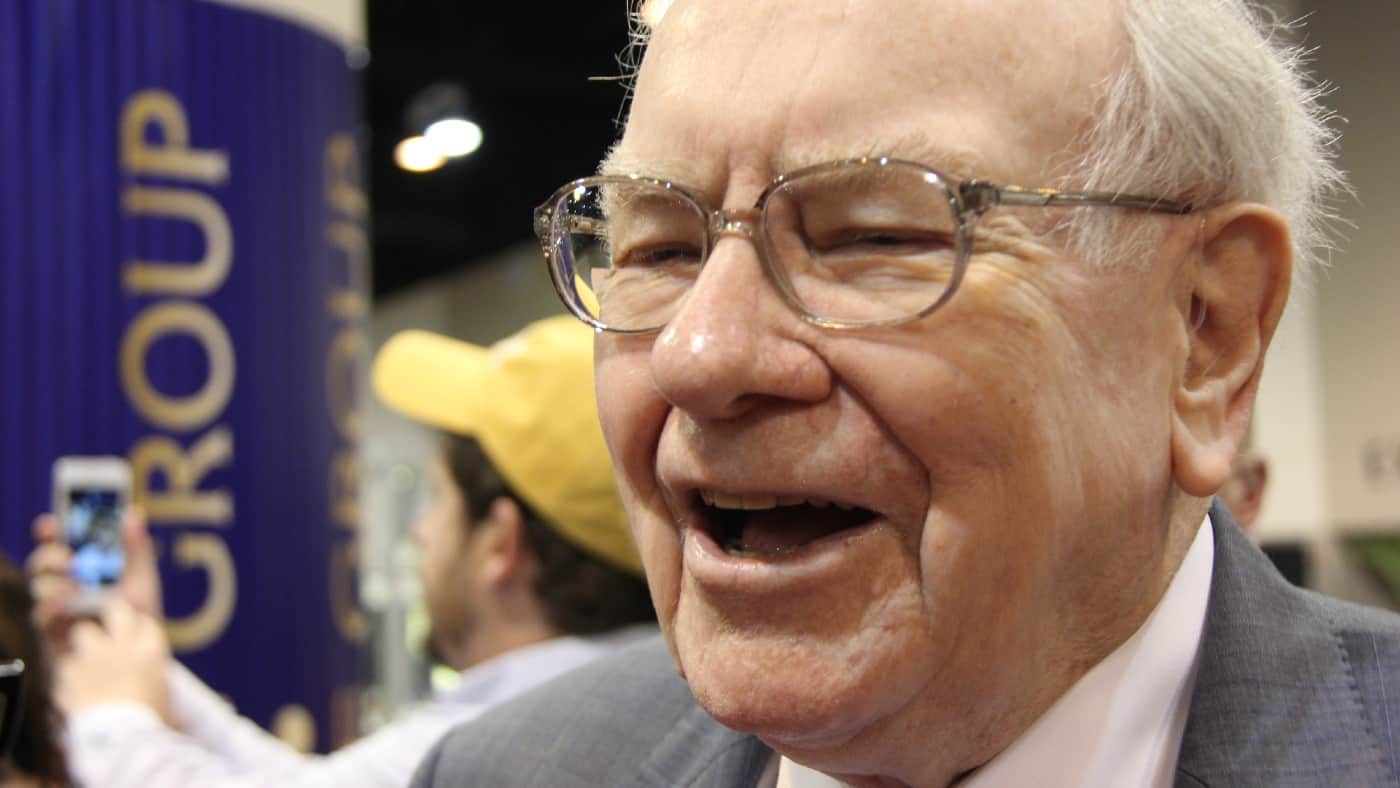Warren Buffett is the greatest investor of all time, and his letters to investors are a fountain of information. These letters have had a significant impact on my investment mentality and approach to the stock market.
I have learned three main lessons from Buffett, who is often referred to as the ‘Oracle of Omaha’, by reading his investor correspondence.
Warren Buffett doesn’t ignore risks
The first major lesson was to focus on the risks. When assessing a potential investment, it is pretty easy is to become besotted with potential profits without considering the risks.
Should you invest £1,000 in Veeva Systems right now?
When investing expert Mark Rogers has a stock tip, it can pay to listen. After all, the flagship Motley Fool Share Advisor newsletter he has run for nearly a decade has provided thousands of paying members with top stock recommendations from the UK and US markets. And right now, Mark thinks there are 6 standout stocks that investors should consider buying. Want to see if Veeva Systems made the list?
For example, suppose I am reviewing an early-stage gold mining company. In that case, it can be easy to spend too much time focusing on the potential of the mine without considering the risks involved in getting the prospect to the production stage. Indeed, most small-cap gold miners never achieve what they set out to do. They often run out of money before production begins.
Buffett always analyses the risks of any potential investment before considering the profit potential. That is one of the major lessons I have learnt from the billionaire.
Search for quality
Buffett is known for being a value investor, but he is also a quality investor. He will not buy a stock just because it looks cheap. Any company he acquires has to offer a unique product, backed up by a solid competitive advantage.
This advantage can be anything from a durable brand to economies of scale, allowing the corporation to produce its product at a lower cost than competitors.
When I first started investing, I spent too much time concentrating on valuation without considering the quality of a company. Reading through Buffett’s letters helped me change this mentality.
Whenever I am looking for an investment opportunity today, one of the first things I look for is a competitive advantage. I want to know why the operation is performing better than its peers and if this trend can continue.
Managers mean a lot
The Oracle of Omaha has acquired many businesses throughout his career. Some of these have been made on nothing more than a handshake.
Buffett believes the best way to assess the quality of a company is to review its management. If management can be trusted and has achieved what it has set out to in the past, he is more than happy to buy the business with minimal due diligence.
By observing this approach, I have changed my strategy as well. As well as considering the points outlined above, I also pay significant attention to the quality of a company’s management. After all, if I cannot trust the managers looking after the business on a day-to-day basis, how can I be sure my investment is in safe hands?
By following these lessons from Buffett, I think I have been able to improve as an investor.








